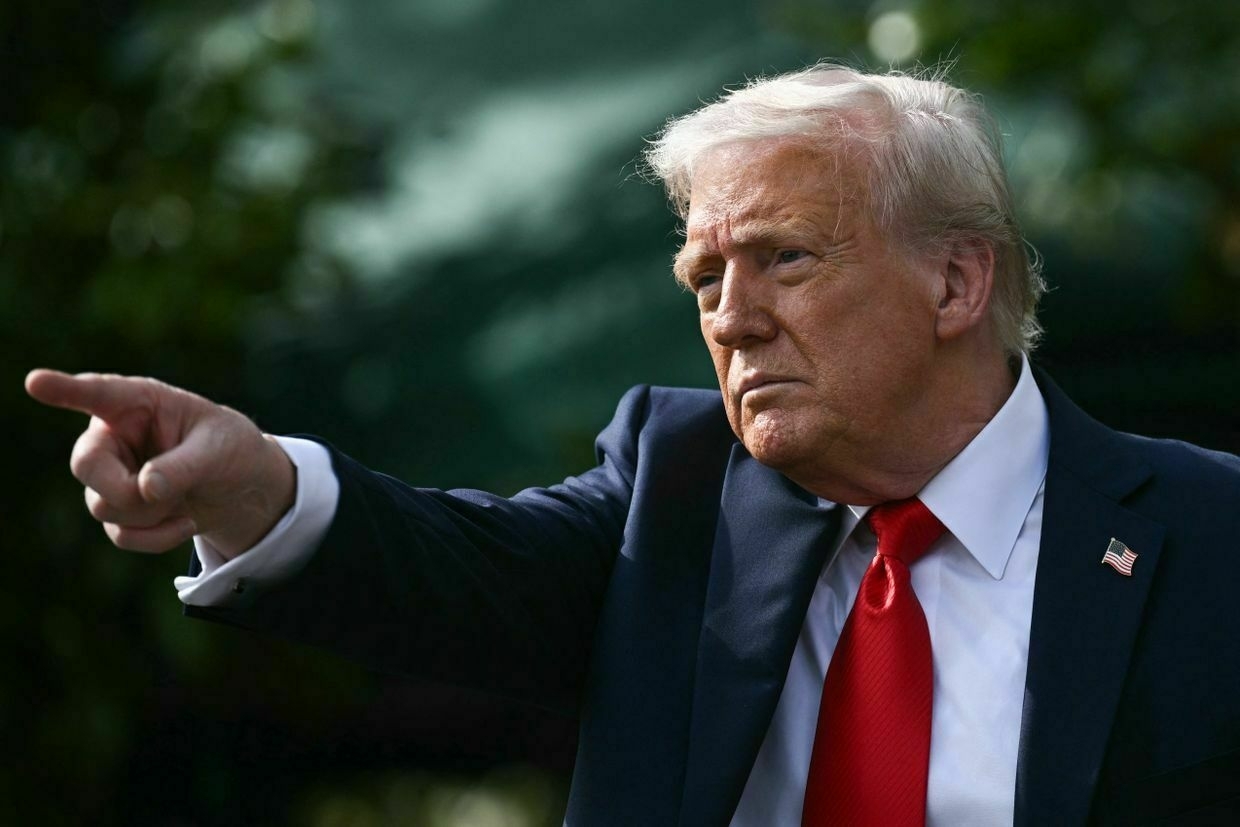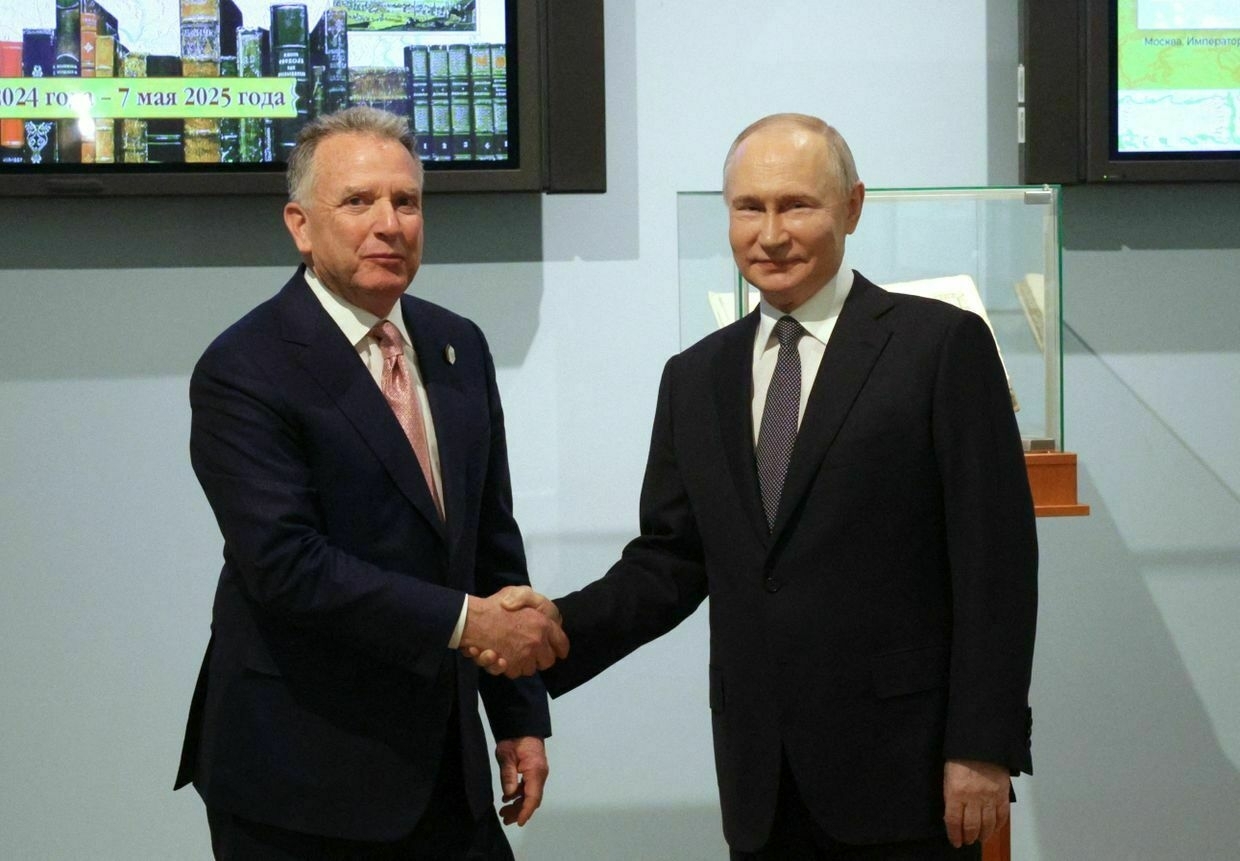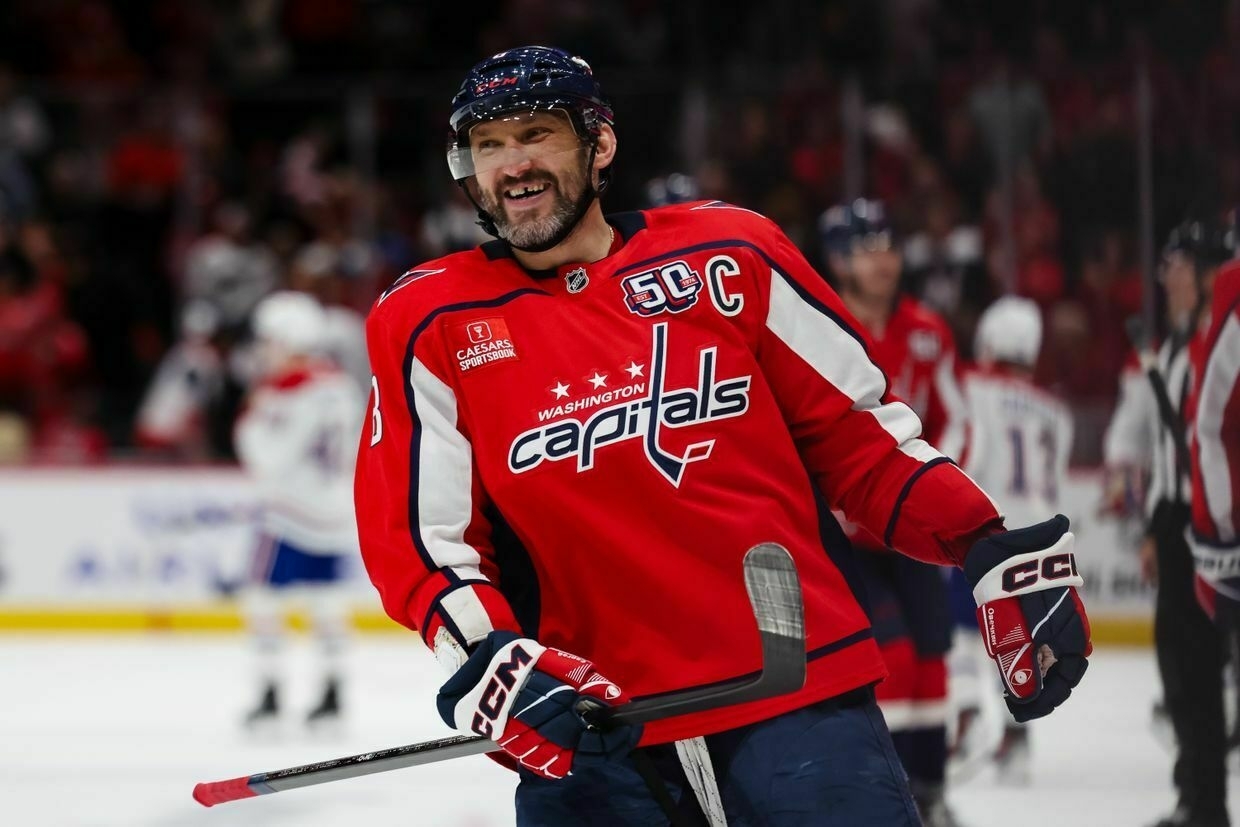
The American and Russian delegations that just met in Istanbul had made it clear that they were there to discuss the normalization of their diplomatic missions’ work, not the war in Ukraine. But such engagement is a clear corollary to U.S. President Donald Trump’s efforts to negotiate an end to the war. The problem is that, with the exception of Trump, who dreams of winning a Nobel Peace Prize, no party with a stake in the war — not Russia, not Ukraine, and not the European Union — wants to end the conflict now. No one is satisfied with their negotiating position, and everyone’s reputation is on the line.
Ukraine’s options are particularly unappealing. Despite its valiant resistance to Russia’s assault, Ukrainian President Volodymyr Zelensky is in no position to secure his desired outcomes: recovery of all territories occupied or annexed by Russia (including Crimea) and full NATO membership (with ironclad security guarantees). This was true under Trump’s predecessor, Joe Biden, but Trump has all but ruled out such demands, calling them impractical.
In fact, Trump is going so far as to push Zelensky to give the U.S. access to Ukraine’s rare-earth mineral deposits as compensation for America’s support during the war, without offering any security guarantees. Zelensky faces an unenviable choice: make major concessions to both the U.S. and Russia, or pour yet more Ukrainian blood and treasure into the illusory dream of “total victory.”
Europe is no more inclined than Ukraine to support a peace deal now. EU leaders have long contended that anything short of the total defeat of Russian President Vladimir Putin’s agenda to reclaim Russia’s sphere of influence in the former Soviet space would represent a threat to Europe, noting that even a weakened Russia would remain a spoiler. While they surely recognize by now that this outcome is virtually impossible, they would rather postpone the inevitable embarrassment of accepting a peace deal that grants Russia concessions.
Russia has less to lose from a peace agreement today, and Putin might be able to end the war without losing much face. The country has defied expectations by weathering harsh sanctions and other restrictions, and avoiding the destabilization of the regime. Moreover, though it has not fully annexed Donetsk, Kherson, Luhansk, or Zaporizhzhia, Russia has inflicted considerable territorial losses on Ukraine, which are unlikely to be fully reversed. Perhaps most important, Trump is so keen to strike a deal that he may well be willing to meet critical Russian demands, like keeping Ukraine out of NATO, especially if Putin softens his opposition to Ukraine remaining armed and is open to Ukraine’s accession to the EU.
But Putin is in no rush to get a peace agreement. To be sure, U.S. and Russian authorities have hailed bilateral peace talks — including meetings in Riyadh, Saudi Arabia, in February and March — as a diplomatic breakthrough. But statements from Russia’s representatives — in particular, Sergey Beseda, an adviser to the head of Russia’s Federal Security Service (FSB), and Grigory Karasin, chair of the Federation Council’s international affairs committee — suggest that there has been little progress toward an agreement.
One reason for this may be that neither Ukraine nor the EU is at the table, which limits what Trump can offer. Perhaps more important, Putin is still trying to work out where that limit is. This explains why, as part of a new maritime security deal in the Black Sea, Putin has demanded the lifting of sanctions and restrictions against producers and exporters of agricultural goods and against some financial institutions, including the state-owned agricultural bank Rosselkhozbank. Only when these conditions are met — and the Kremlin has a clearer sense of how far Trump will go to fulfill his peacemaking ambitions — can a ceasefire be negotiated.

Putin is taking other steps to set Russia up for success in negotiations with the U.S. Notably, he recently sent his “investment envoy” Kirill Dmitriev — the Stanford-educated former Goldman Sachs investment banker who directs Russia’s Direct Investment Fund — to the U.S. to highlight the economic benefits of renewed bilateral cooperation. Beyond praising Trump for supposedly averting World War III, Dmitriev offered an enticing vision of U.S. access to Russian Arctic resources and rare-earth minerals, as well as joint Mars and Moon missions.
While the meetings did not produce any concrete advances, Dmitriev proclaimed that the two sides had taken “three steps forward” toward better relations. What he really meant may well be that U.S. leaders are now more motivated to seize economic and financial opportunities in Russia and overcome the hurdle that the Ukraine war represents. Less than a week later, Steve Witkoff, the Trump administration’s de facto envoy to the Russian president, appeared in Saint Petersburg for a meeting with Dmitriev, and reportedly with Putin.
Those opportunities might be tailored for Trump himself. After all, Trump is a businessman first, and I know his longstanding ambition to establish a presence in Moscow firsthand. During a chance encounter in 1996, he told me that he wanted to bring the Miss Universe Pageant to Russia (a goal he achieved in 2013) and build a Trump Tower in Moscow (a vision he has yet to realize). Might the Kremlin offer the U.S. president prized Red Square real estate — or some other lucrative business deal — in exchange for sanctions relief?
For now, Trump says he is “pi**ed off” at Putin for not being more amenable to his administration’s ceasefire proposals, and he is threatening to impose yet more sanctions. But, by leveraging the right mix of well-calibrated demands and tantalizing offers, Putin may be able to position himself as the one calling the shots. Given this, whatever unfolds in these rapid-succession meetings will probably mean less than what follows: Karasin and Beseda reciting, yet again, the Kremlin’s rigid demands, or Dmitriev waving economic enticements before Trump and his cadre in Washington.
Editor’s Note: The opinions expressed in the op-ed section are those of the authors and do not necessarily reflect the views of the Kyiv Independent.
 The Kyiv IndependentAdam Sybera
The Kyiv IndependentAdam Sybera
